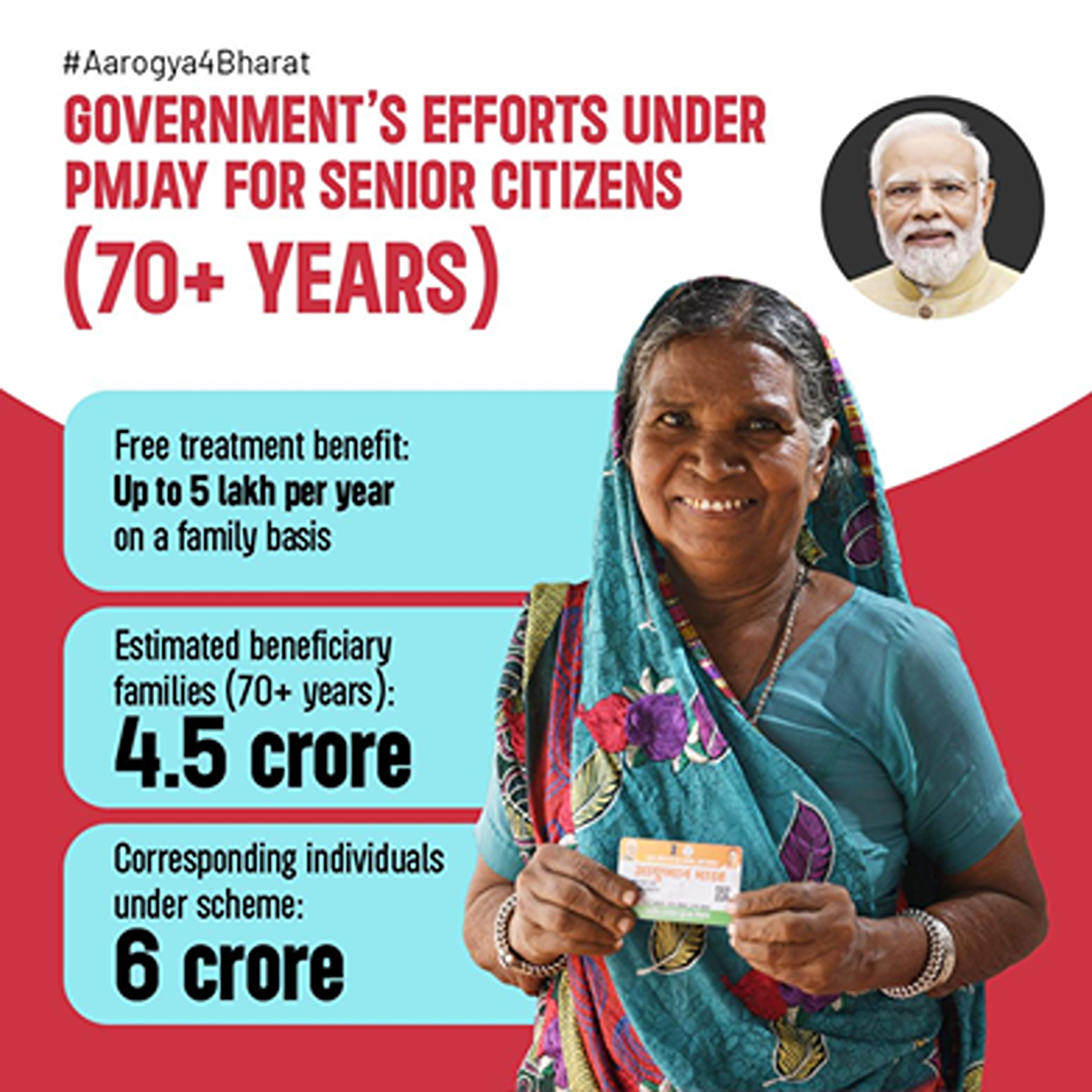Meeting the needs of Aspirational India in which all the sections of the society seek better standards of living with access to education, health and better jobs is one of the key themes of the Union Budget 2020-21. The Budget lays special emphasis on the employability and quality aspects of education.
Presenting the Budget for the financial year 2020-21 in the Parliament today, the Union Finance and Corporate Affairs Minister, Smt Nirmala Sitharaman said that a total outlay of Rs.99,300 crore has been earmarked for the education sector in 2020-21 and Rs.3000 crore for Skill Development. “By 2030, India is set to have the largest working age population in the world. Not only do they need literacy but they need both job and life skills”, the Finance Minister explained.
Smt Nirmala Sitharaman announced that about 150 Higher Educational Institutions will start apprenticeship embedded degree/diploma courses by March 2020-21. This will help to improve the employability of students in the general stream (vis-a-vis services or technology stream). The government will also start a program whereby urban local bodies across the country would provide internship opportunities to fresh engineers for a period of up to one year. National Skill Development Agency will give special thrust to infrastructure-focused skill development opportunities, the Minister explained.
The Finance Minister, in her speech also said that the New Education Policy will be announced soon. Smt Nirmala Sitharaman stated that steps will be taken to enable sourcing External Commercial Borrowings and FDI to ensure greater inflow of finance to attract talented teachers, innovate and build better labs.
Degree level full-fledged online education programme will be started to provide quality education to students of deprived sections of the society as well as those who do not have access to higher education. However, these shall be offered only by institutions who are ranked within top 100 in the National Institutional Ranking Framework.
The Finance Minister observed that India should be a preferred destination for higher education. Therefore, under its “Study in India” programme, an Ind-SAT is proposed to be held in Asian and African countries for benchmarking foreign candidates who receive scholarships for studying in Indian higher education centres.
In order to meet the requirement of qualified medical doctors, it is proposed to attach a medical college to an existing district hospital in PPP mode. Viability gap funding will be made available to the States that fully allow the facilities of the hospital to the medical college and provide land at a concession.
The Government will also encourage large hospitals with sufficient capacity to offer resident doctors DNB/FNB courses under the National Board of Examinations. Smt Nirmala Sitharaman stated that a huge demand exists for teachers/nurses/para medical staff and care givers abroad. Therefore special bridge courses may be designed jointly by the Ministries of Health and Skill Development along with professional bodies to match the employer’s standards as well as meet the language requirements of various countries.
A National Police University and a National Forensic Science University have also been proposed in the domain of policing science, forensic science, cyber-forensics etc. in the Budget.
















